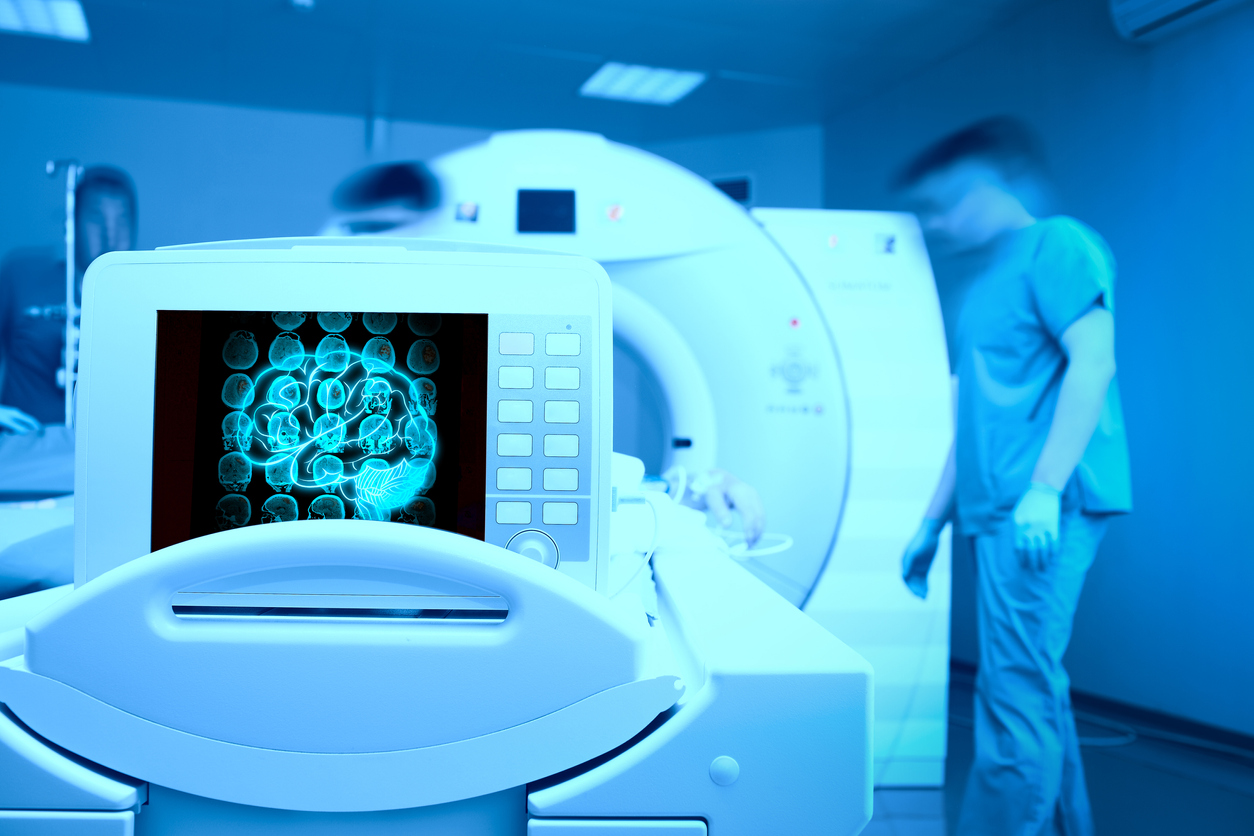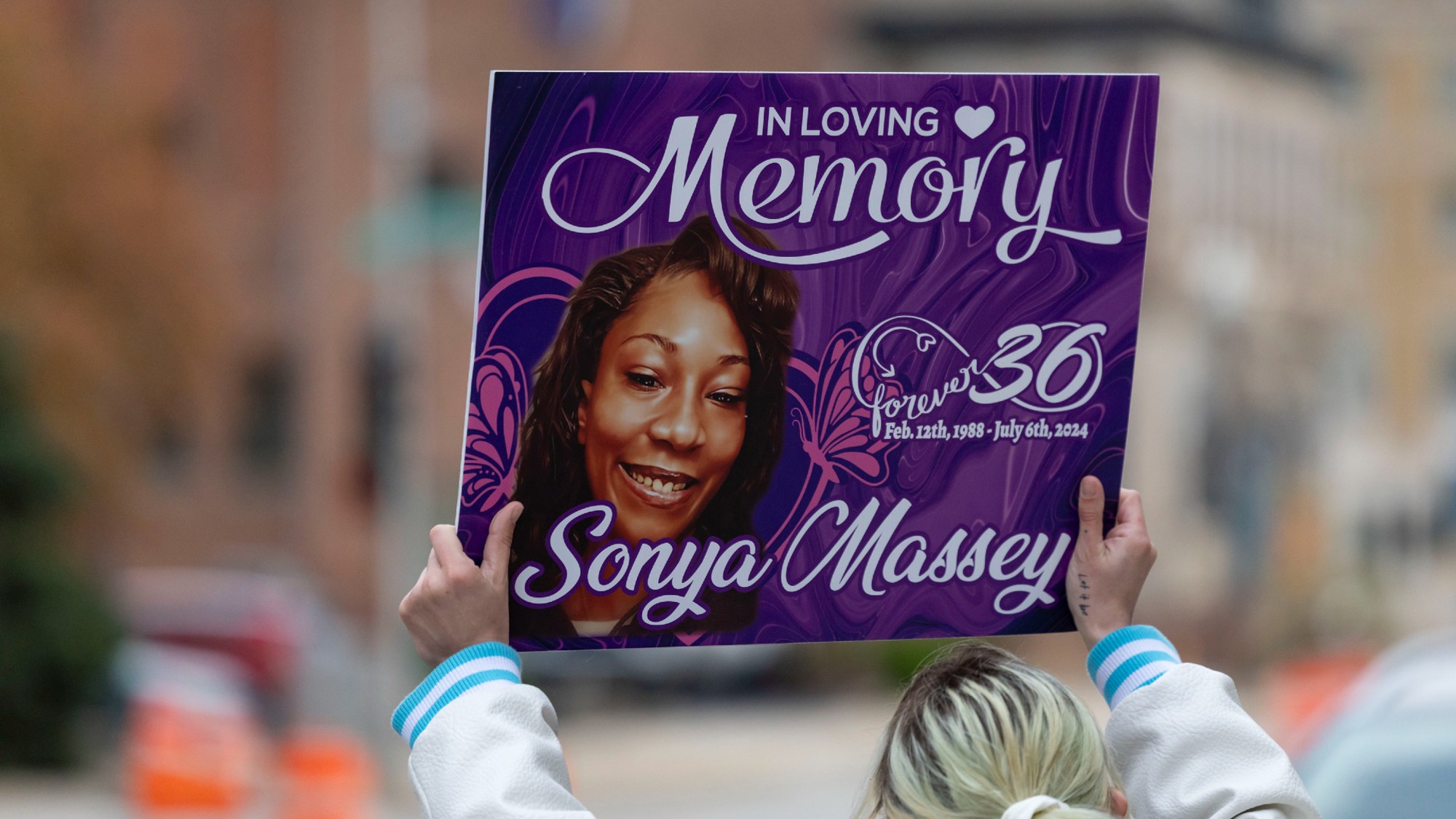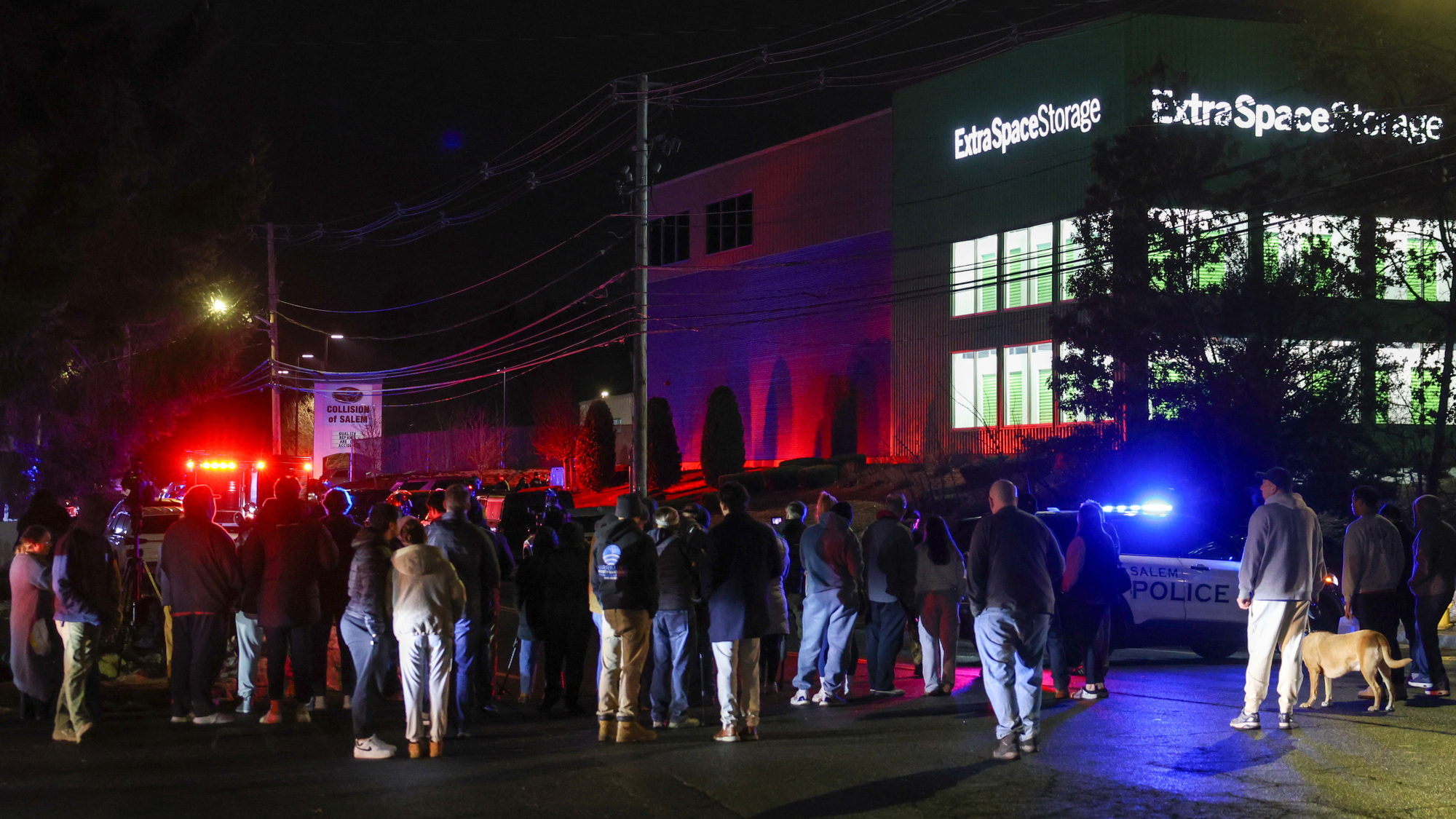Hospitals are experimenting with machine learning to predict patient emergencies

A free daily email with the biggest news stories of the day – and the best features from TheWeek.com
You are now subscribed
Your newsletter sign-up was successful
Hospitals, like much anything else in the modern world, run on machines. Besides the computers that schedule appointments and keep track of occupied rooms, there are a vast array of monitoring devices that read out patients' vital signs — blood pressure, heart rate, body temperature, breathing rate, and countless other factors. When something goes wrong with any of those vital signs, an alarm goes off. Ideally, this would lead to a doctor or nurse coming around to assess the problem — but in many hospitals, these devices lead to "tens of thousands of alarms" every day, Stat News reports.
So hospitals are turning to artificial intelligence in order to provide the most patients with the most efficient care.
Many hospitals have a command center, which enables a few technicians to monitor patients' alarms and let hospital staff know when something serious is going wrong. But with hundreds or thousands of patients to keep track of, computers are able to do a much better job at predicting who needs the most immediate care. So by training an AI to pinpoint the warning signs in somebody's vitals, a hospital's command center can become much more effective.
The Week
Escape your echo chamber. Get the facts behind the news, plus analysis from multiple perspectives.

Sign up for The Week's Free Newsletters
From our morning news briefing to a weekly Good News Newsletter, get the best of The Week delivered directly to your inbox.
From our morning news briefing to a weekly Good News Newsletter, get the best of The Week delivered directly to your inbox.
Hospitals around the country are already experimenting with training machines to do this life-saving work: At one Cleveland hospital, workers made a breathtaking 77,000 calls to doctors and nurses over the course of just a month. While "most calls are routine," Stat News explained, some are an indicator of a serious emergency, one where that phone call makes the difference between life and death.
The eventual goal is to give hospital workers more than a few moments' notice for problems ranging from infections to "serious cardiac events." But the difference being made already by learning AIs is a promising start.
Read more about the way hospitals are implementing machine learning at Stat News.
A free daily email with the biggest news stories of the day – and the best features from TheWeek.com
Shivani is the editorial assistant at TheWeek.com and has previously written for StreetEasy and Mic.com. A graduate of the physics and journalism departments at NYU, Shivani currently lives in Brooklyn and spends free time cooking, watching TV, and taking too many selfies.
-
 What is the endgame in the DHS shutdown?
What is the endgame in the DHS shutdown?Today’s Big Question Democrats want to rein in ICE’s immigration crackdown
-
 ‘Poor time management isn’t just an inconvenience’
‘Poor time management isn’t just an inconvenience’Instant Opinion Opinion, comment and editorials of the day
-
 Bad Bunny’s Super Bowl: A win for unity
Bad Bunny’s Super Bowl: A win for unityFeature The global superstar's halftime show was a celebration for everyone to enjoy
-
 Maxwell pleads 5th, offers Epstein answers for pardon
Maxwell pleads 5th, offers Epstein answers for pardonSpeed Read She offered to talk only if she first received a pardon from President Donald Trump
-
 Hong Kong jails democracy advocate Jimmy Lai
Hong Kong jails democracy advocate Jimmy LaiSpeed Read The former media tycoon was sentenced to 20 years in prison
-
 Ex-Illinois deputy gets 20 years for Massey murder
Ex-Illinois deputy gets 20 years for Massey murderSpeed Read Sean Grayson was sentenced for the 2024 killing of Sonya Massey
-
 Sole suspect in Brown, MIT shootings found dead
Sole suspect in Brown, MIT shootings found deadSpeed Read The mass shooting suspect, a former Brown grad student, died of self-inflicted gunshot wounds
-
 France makes first arrests in Louvre jewels heist
France makes first arrests in Louvre jewels heistSpeed Read Two suspects were arrested in connection with the daytime theft of royal jewels from the museum
-
 Trump pardons crypto titan who enriched family
Trump pardons crypto titan who enriched familySpeed Read Binance founder Changpeng Zhao pleaded guilty in 2023 to enabling money laundering while CEO of the cryptocurrency exchange
-
 Thieves nab French crown jewels from Louvre
Thieves nab French crown jewels from LouvreSpeed Read A gang of thieves stole 19th century royal jewels from the Paris museum’s Galerie d’Apollon
-
 Arsonist who attacked Shapiro gets 25-50 years
Arsonist who attacked Shapiro gets 25-50 yearsSpeed Read Cody Balmer broke into the Pennsylvania governor’s mansion and tried to burn it down